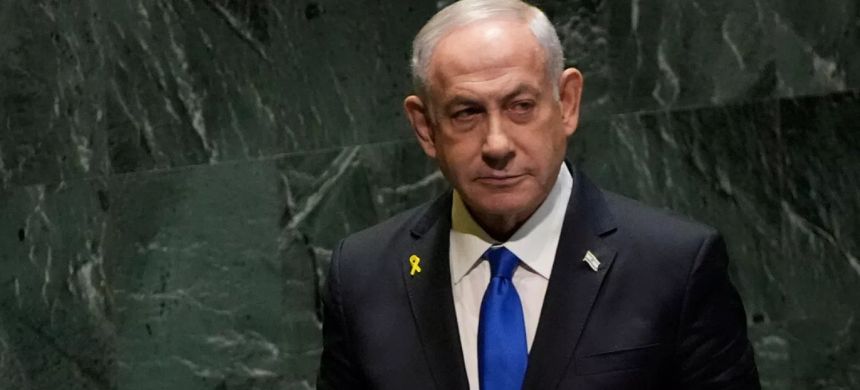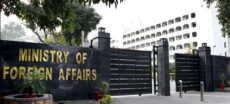Iran and Israel exchanged heavy missile strikes and air raids on Saturday, a day after Israel launched a major offensive targeting Iran’s nuclear facilities, military bases, and senior officials in an effort to halt its nuclear program. Israeli Prime Minister Benjamin Netanyahu claimed the strikes had set Iran’s nuclear progress back by years and warned of more severe attacks ahead, rejecting global calls for restraint. Iran retaliated with around 200 ballistic missiles, hitting multiple Israeli cities, including Tel Aviv, while also threatening Israel’s allies with strikes on their regional bases.
In Iran, the Israeli offensive led to significant civilian casualties, including at least 60 people killed in an attack on a residential complex in Tehran. Iranian state media reported widespread devastation, including strikes on airports and key infrastructure, while Israeli air defenses intercepted many of Iran’s missiles and drones.
Read more: Iran Launches Retaliatory Strikes on Israel After Deadly Attack
Despite the ongoing bombardment, daily life in parts of Israel, such as Tel Aviv’s beaches, carried on amid the threat of further escalation.
Israel claims its strikes severely damaged key Iranian nuclear sites in Natanz and Isfahan and eliminated top military leaders and nuclear scientists driving Iran’s atomic program. Tehran maintains that its nuclear ambitions are purely civilian but has faced repeated accusations of violating international agreements. As regional tensions rise, Gulf countries have called for calm amid fears of disruption to global oil supplies, while Iran’s leadership considers measures like closing the Strait of Hormuz. Peace talks between Iran and the U.S. over its nuclear program remain uncertain as hostilities intensify.











